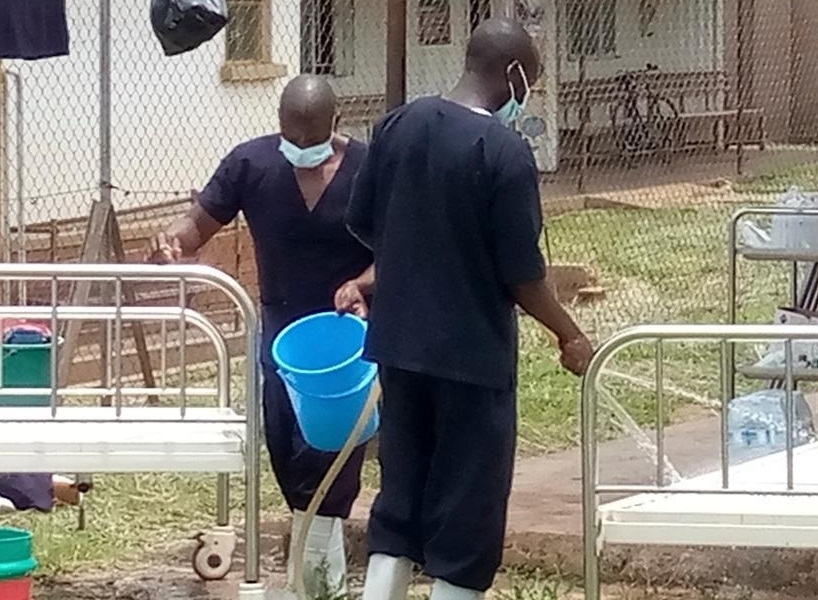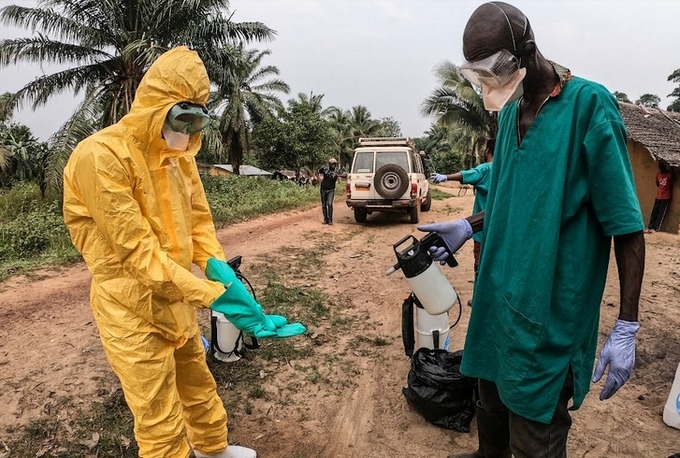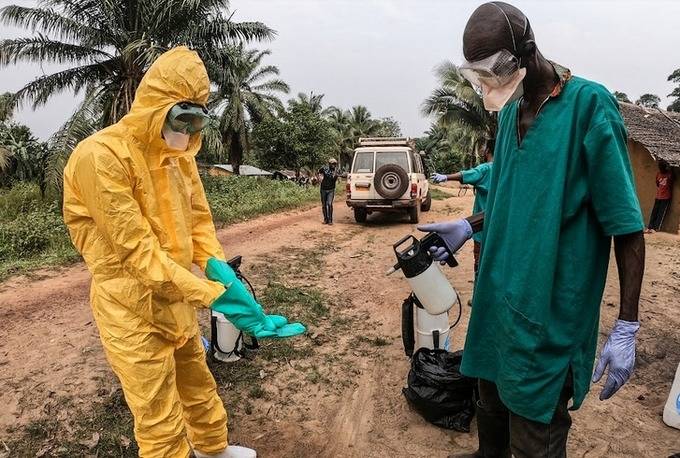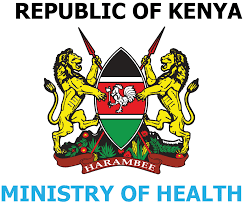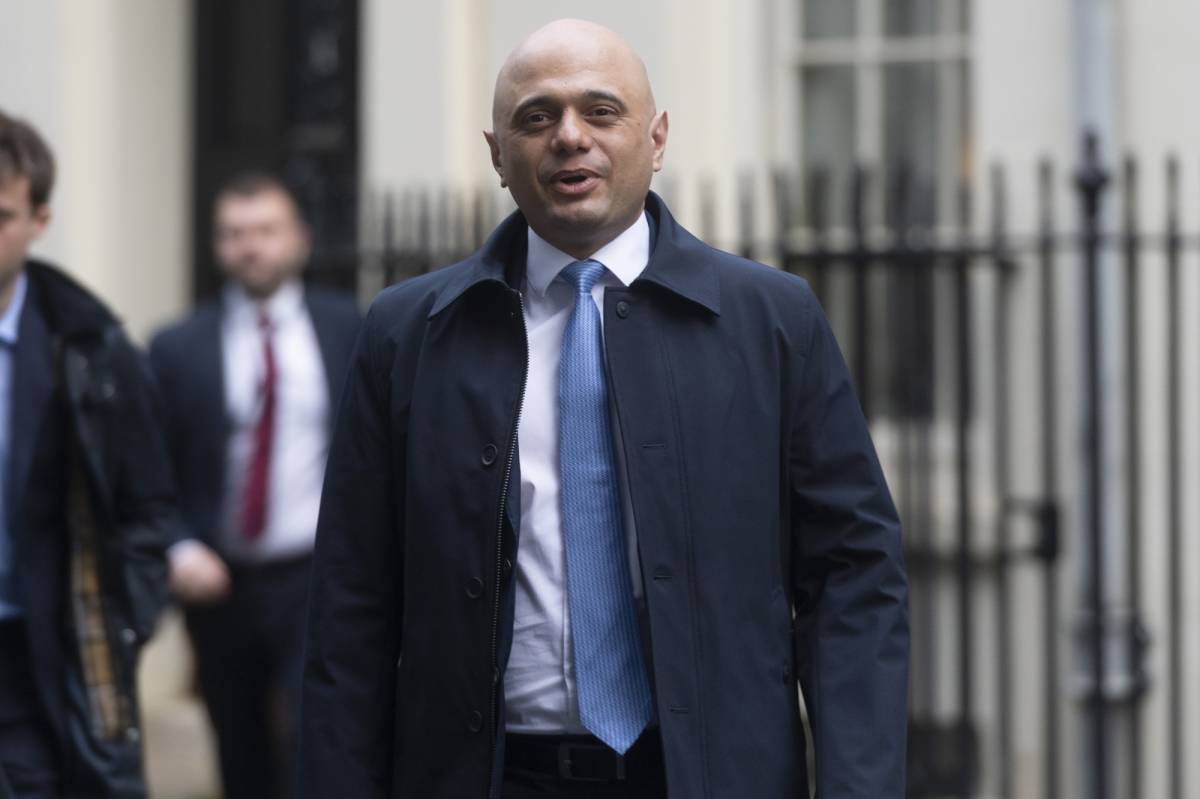Some of the projects are also looking at ways to tackle ‘Disease X’ – a hypothetical future pathogen – to ensure the world is equipped for future epidemics or pandemics…reports Asian Lite News
22 research projects have been selected by the government’s UK Vaccine Network and will help tackle viruses such as Ebola, Lassa Fever and Zika
Research into vaccines to tackle some of the world’s deadliest diseases in low and middle-income countries has been backed by £10 million of UK aid funding, the government has announced today.
The funding provided by the government’s UK Vaccine Network (UKVN) and to be delivered by Innovate UK has been awarded to 22 research projects, supporting development of vaccines for diseases that have the potential to become epidemics. This includes Ebola, Lassa Fever, Zika, Crimean-Congo Haemorrhagic Fever (CCHF) and Chikungunya virus.
Some of the projects are also looking at ways to tackle ‘Disease X’ – a hypothetical future pathogen – to ensure the world is equipped for future epidemics or pandemics.
The UKVN has already funded 78 projects with over £115 million worth of UK aid funding, as part of the government’s commitment to defeat poverty, tackle instability and create prosperity in developing countries.
For example, earlier work on a Middle Eastern Respiratory Syndrome (MERS) vaccine by the University of Oxford, funded in part by the UKVN, allowed them to develop the Oxford/AstraZeneca COVID-19 vaccine more quickly, which has since protected tens of millions of people across the world.
Health and Social Care Secretary Sajid Javid said, “Covid-19 has shown us first-hand just how important it is that we work together to keep everyone across the world safe. I am delighted that these innovative projects – tackling serious and deadly diseases – will receive the funding they need to take their research to the next stage. Thank you to the expert scientists behind these vital projects for their efforts that will continue to save millions of lives.”
Indro Mukerjee, Chief Executive of Innovate UK, said, “Innovate UK is proud to deliver this vital work on behalf of the UK Vaccine Network. This will build on the crucial delivery of vaccines and vaccine platform technologies. These projects will help to prevent future outbreaks of viral diseases in the developing world and may offer utility against future pandemics, as previously realised with the Oxford/AstraZeneca vaccine for Covid-19.”
The UK is committed to supporting the rest of the world in protecting people from Covid-19 and future diseases. It has invested more than £88 million to support the development of the Oxford/AstraZeneca vaccine and, to date, has donated 32.2 million Covid-19 vaccine doses. 26.7 million of these doses have gone to COVAX, a global scheme to get vaccines to developing countries.
This builds on the £1.3 billion in UK aid committed to the international health response early in the pandemic, supporting vaccines, health systems and economic recovery in developing countries.
ALSO READ-Cautious optimism over Ukraine conflict, says NATO chief

